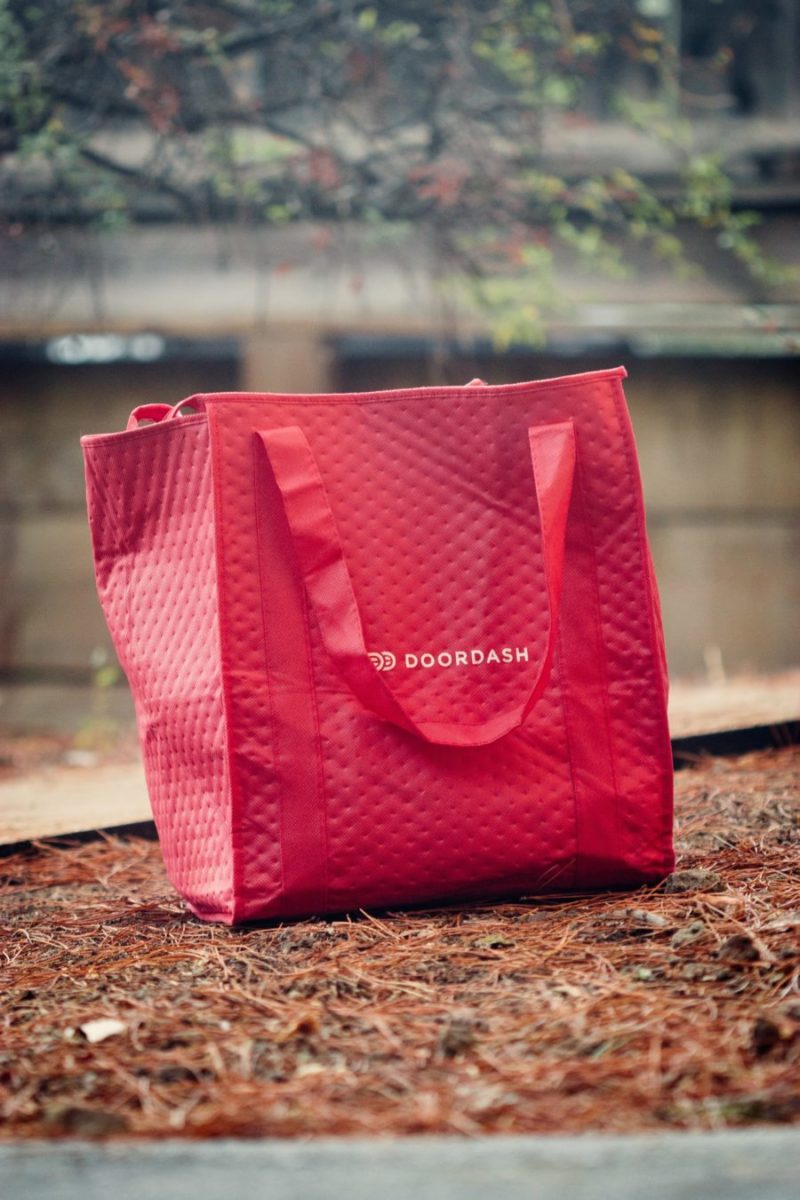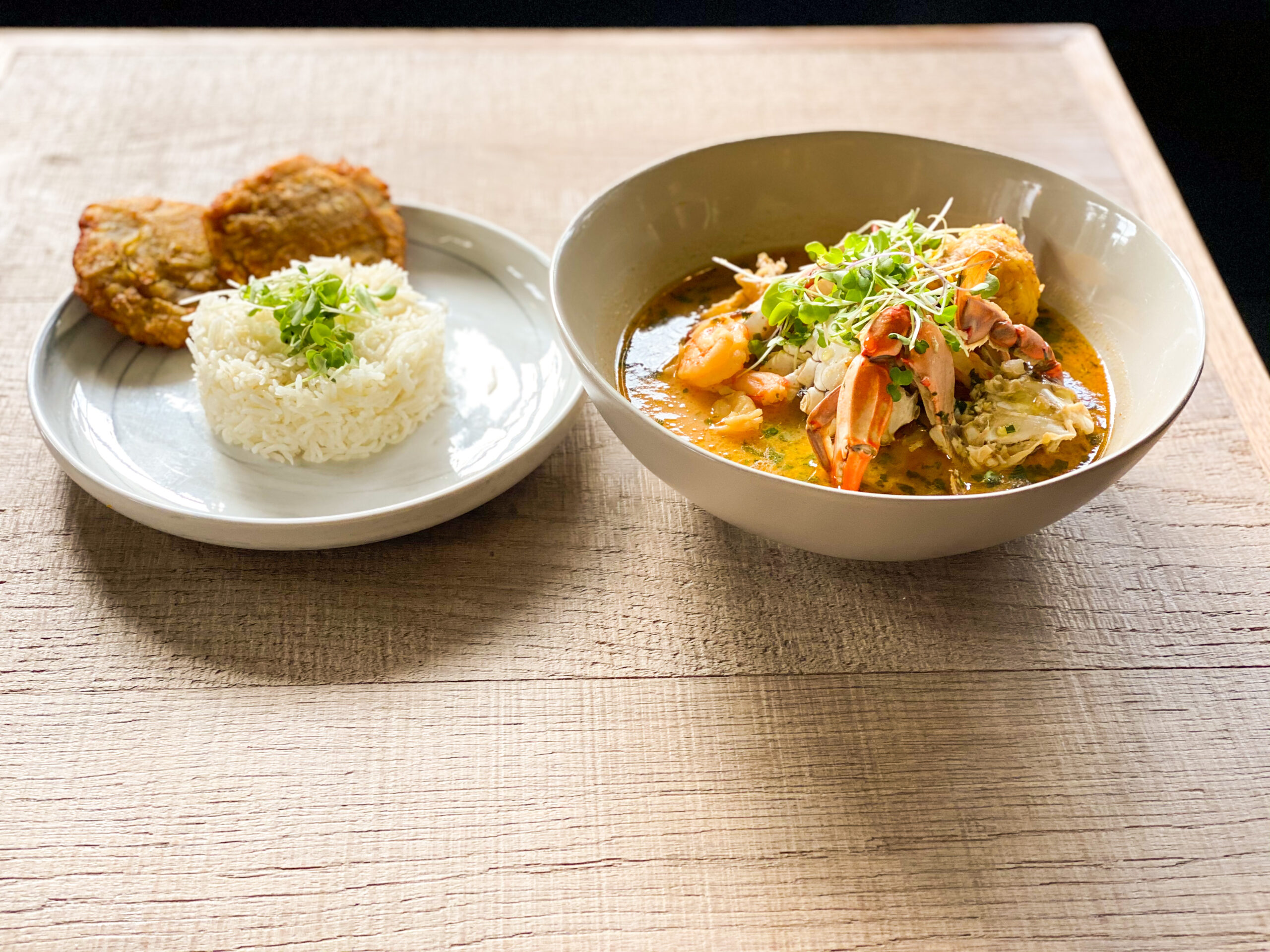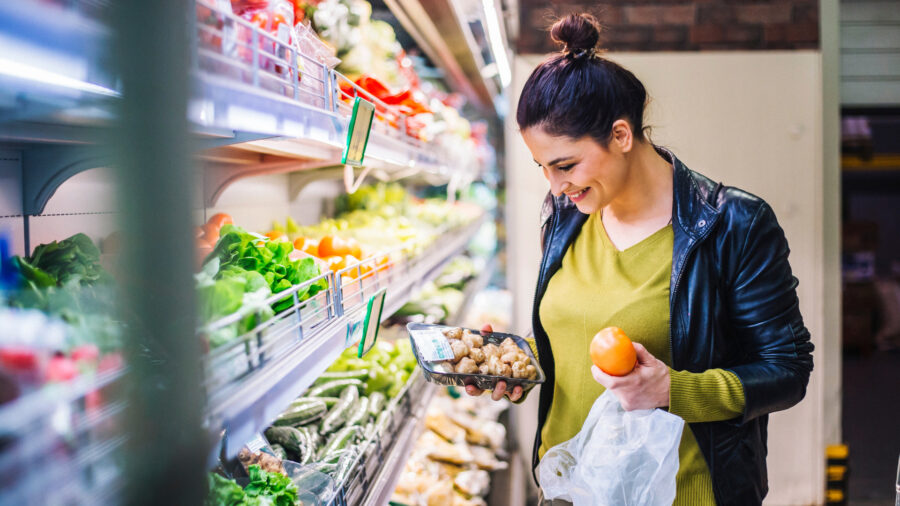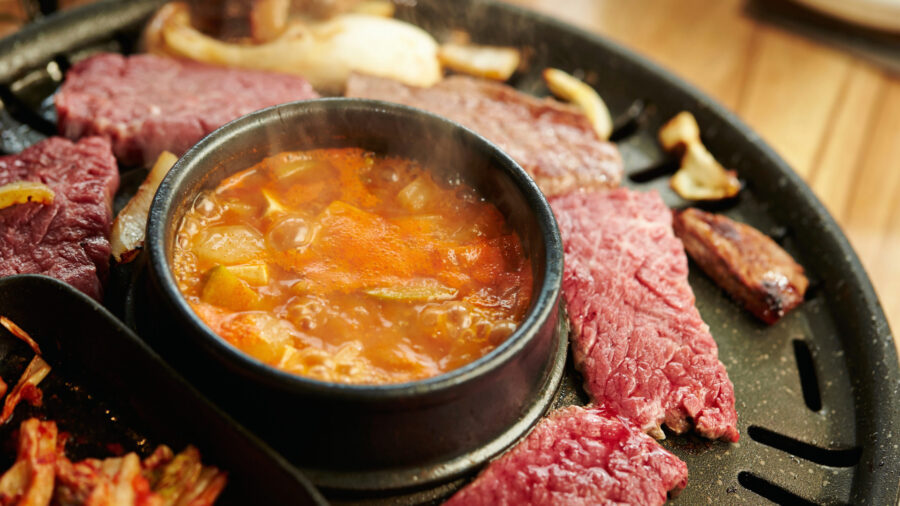Ghost kitchens—special kitchens set up to handle deliveries-are cropping up nationwide, attracting big investment and becoming an industry unto themselves built around the internet.
As evidence of this growing interest, New York and Dubai-based Kitopi on Feb. 2 said it raised $60 million for expansion in the food delivery space. The funding comes from Knollwood, Lumia Capital, BECO, CE-Ventures, GIC, Rise Capital, Reshape, Global Ventures, MSA Capital, and Wilshire Lane Partners. Global dollars are flowing into the company that calls itself “the world’s leading managed cloud kitchen” platform that partners with restaurants.
Kitopi, founded in 2018, expanded to more than 1,200 employees worldwide, with a business model that helps both brick-and-mortar restaurants with delivery and delivery-only brands. It’s part of an internet-driven industry where the front door can be apps like Uber Eats, DoorDash, and Grubhub.
Food delivery is about a $35 billion business, but it’s expected to grow tenfold over a decade, according to Restaurant Hospitality.
Nevertheless, delivery costs from technology to third-party commissions can eat into restaurant profits and wipe them out.
Ghost—or shared—kitchens, which don’t require parking or access by customers, on the other hand, can boost profits and cut costs by locating in industrial districts and other areas with lower rents than retail. These commissary-like kitchens in the cloud typically split costs among multiple brands and share infrastructure.
In addition to Kitopi, other ghost kitchens such as Kitchen United, CloudKitchens, Zuul Kitchens, Local Culinary, and Family Style have been carving out niches in delivery.
Kitopi, whose name comes from Kitchen Operation Innovation, said it uses “a smart kitchen operating system” to increase efficiency from call centers to delivery. The company operates 30 kitchens across the U.S., United Arab Emirates, UK, Saudi Arabia, and Kuwait and plans to open 50 U.S. locations and 100 worldwide this year.
Kitopi CEO Mohamad Ballout said his company’s investors “share a unified vision on how we can team up with restaurants to revolutionize the food industry.” Chris Rogers, a partner at Lumia Capital, likes the fact that Kitopi is scalable as it “continues to reinvent the food tech space.”
The company partners with more than 100 restaurants, including Operation Falafel, Pizza Express, Right Bite, and UNDER500. It’s a perfect example of companies partnering to grow, as technology becomes a bigger factor in food and beverage.
Companies with real estate and restaurants also are getting into the ghost business. SBE Entertainment Group partnered with Simon Properties and hotel operator Accor to find C3, or “Creating Culinary Communities.” C3 plans to set up kitchens in vacant retail space, existing restaurants, and hotels.
And DoorDash launched DoorDash Kitchens, renting space to restaurants and brands in a large kitchen after using data to determine delivery trends.
Meanwhile, the Local Culinary specializes in developing its own delivery-only brands, such as The Chef Burger, El Taco-Loco, Mama Roma, Dirty Fingers, Shu Shu, The Green Kitchen, This is Gyros, Chicks, and more.
Not only are no reservations required in this brave new virtual world; they aren’t possible. Brand building without brick and mortar, though, makes marketing key, as delivery-only brands seek to build familiarity and brand loyalty. Local Culinary deliveries, for instance, include stickers and giveaways.
Delivery-only brands could take a bite out of sales at existing eateries, providing competition and proving a potential nightmare for restaurants. But restaurants also could leverage this infrastructure, growing revenue and, if done right, profits.
Restaurant owners and operators, beware! Analyzing your costs of delivery, ordering platforms, brick and mortar rents, labor, food and beverage, technology, promotions, and customer loyalty programs can be very tricky, indeed. Don’t get spooked: Careful analysis and staying on top of your numbers will help you succeed.
One thing, though, is clear: Expect ghost kitchens to become more visible from headlines to investments as delivery dollars grow.
By Louis Biscotti, national leader of Marcum’s Food and Beverage Services group. Reach him at Louis.biscotti@marcumllp.com.
(Editor’s Note: This is an edited version of an article that originally appeared in Forbes, Feb. 12, 2020.)








